
The Ministry of Energy and Green Transition on Thursday secured 450,000 barrels of fuel to address the country’s ongoing power generation challenges and stabilise electricity supply nationwide.
This is expected to provide immediate relief from recent power challenges that have disrupted the supply of electricity to homes and businesses.
Consequently, the consignment will be distributed to power plants experiencing fuel shortages – particularly those operated by independent power producers (IPPs).
It will be recalled that last week the Minister of Energy, John Jinapor, sounded an alarm over a looming nationwide power crisis; revealing that the country had less than three days’ worth of liquid fuel to power its electricity-generating plants.
He indicated that the ministry was racing against time to secure billions of cedis needed to pay for new fuel supplies already ordered. Thankfully, the problem has been averted with delivery of the liquid fuels.
The National Democratic Congress (NDC) made the 24-hour economy a key policy promise in the lead-up to 2024 general elections. However, successful implementation of the 24-hour economy is contingent on reliable electricity.
The unstable power supply is a long-standing issue, with the term ‘dumsor’ coined in 2013 to describe the precariousness of the country’s power situation.
Studies estimate that these outages cost Ghana’s economy US$2.1billion annually, a loss felt by everyone (World Bank, 2022).
The emerging consensus is that beyond expanding access to electricity, ensuring reliability, affordability and democratic accountability merit equal consideration in the nation’s quest to achieve sustainable energy.
To address the dilemmas created by lack of electricity accessibility, reliability and social justice, Ghana must invest in policy and regulatory frameworks that promote the diversification of its energy mix.
It therefore becomes crucial that policymakers must also take bold steps to ensure equitable energy distribution, if implementing a 24-hour economy is anything to go by. The journey toward universal energy access is not an easy one, but it is essential.
Energy reliability is not just a technical problem; it’s a shared challenge that requires coordinated efforts from all stakeholders.
Additionally, the region’s heavy reliance on thermal power – accounting for over 60% of Ghana’s energy generation (Energy Commission of Ghana, 2023) – raises significant environmental concerns.
The post Editorial: Long-term viability of energy systems appeared first on The Business & Financial Times.
Read Full Story

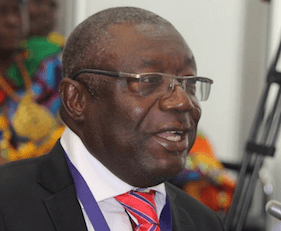

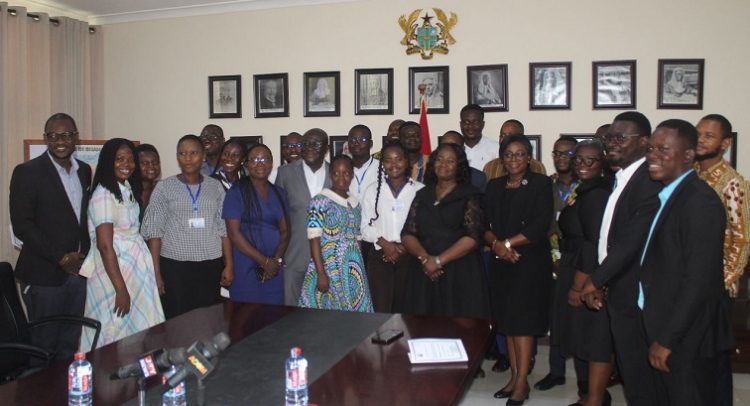

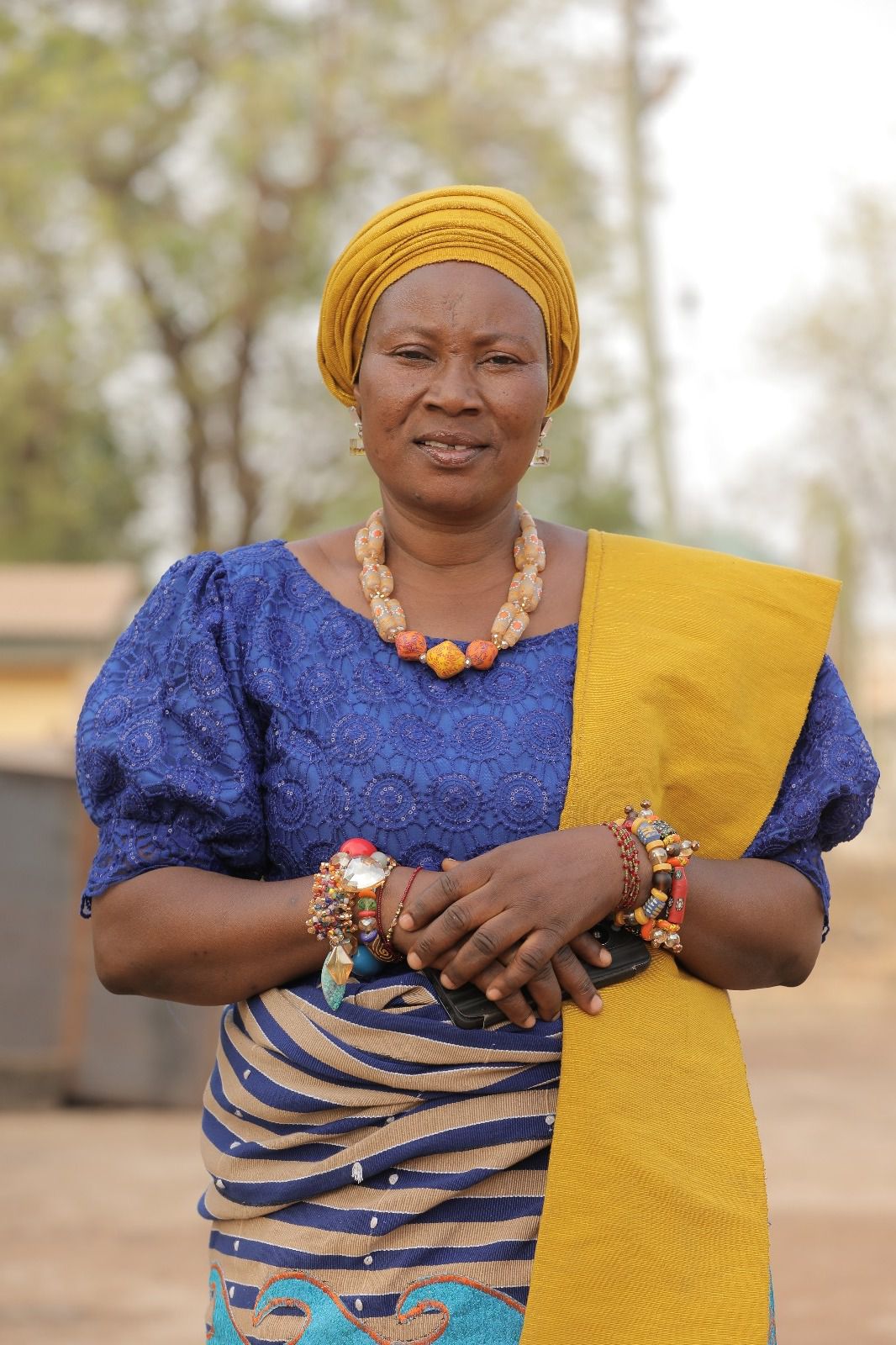






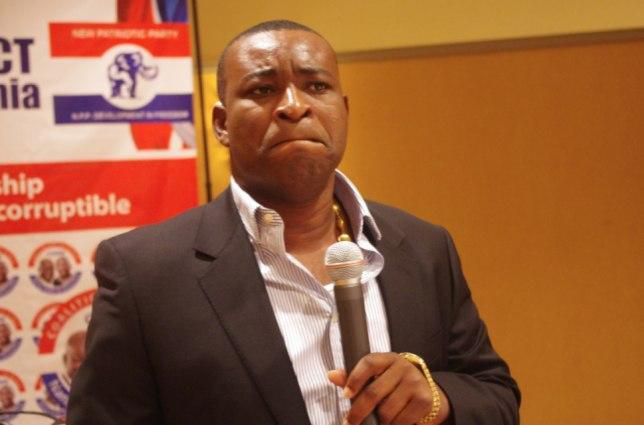
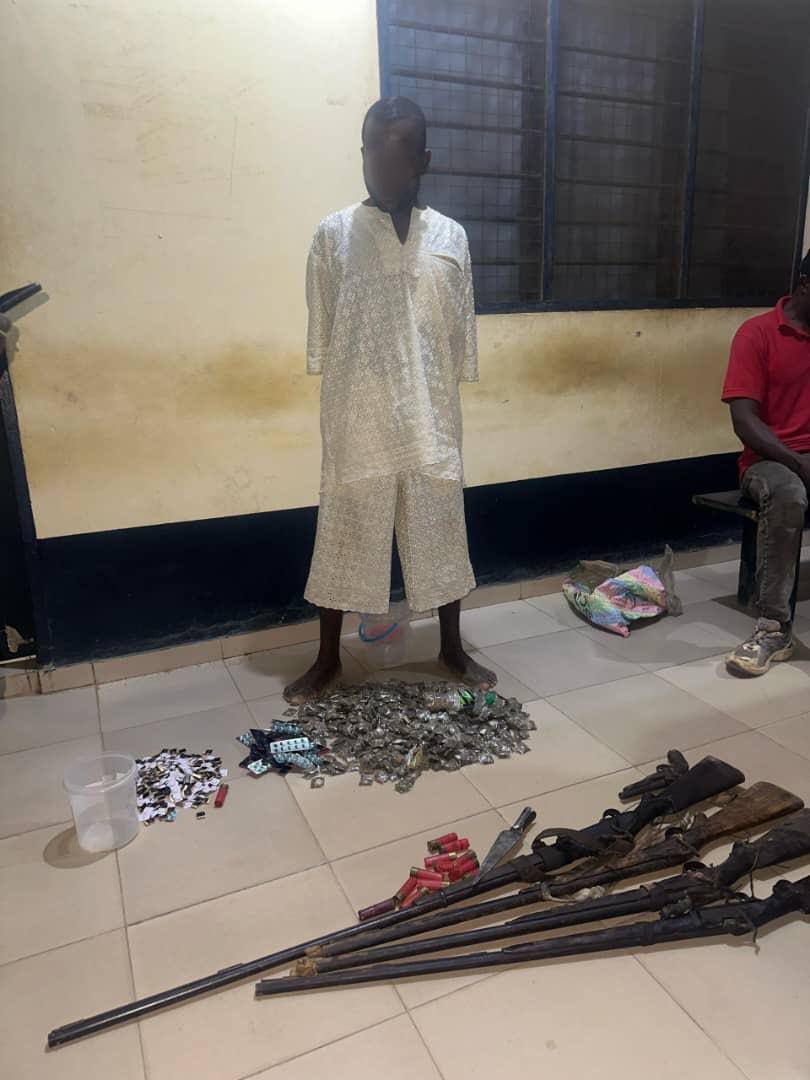

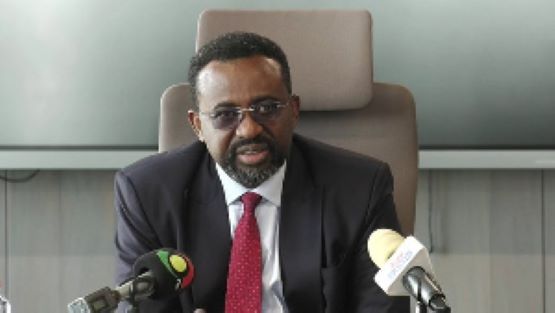

Facebook
Twitter
Pinterest
Instagram
Google+
YouTube
LinkedIn
RSS